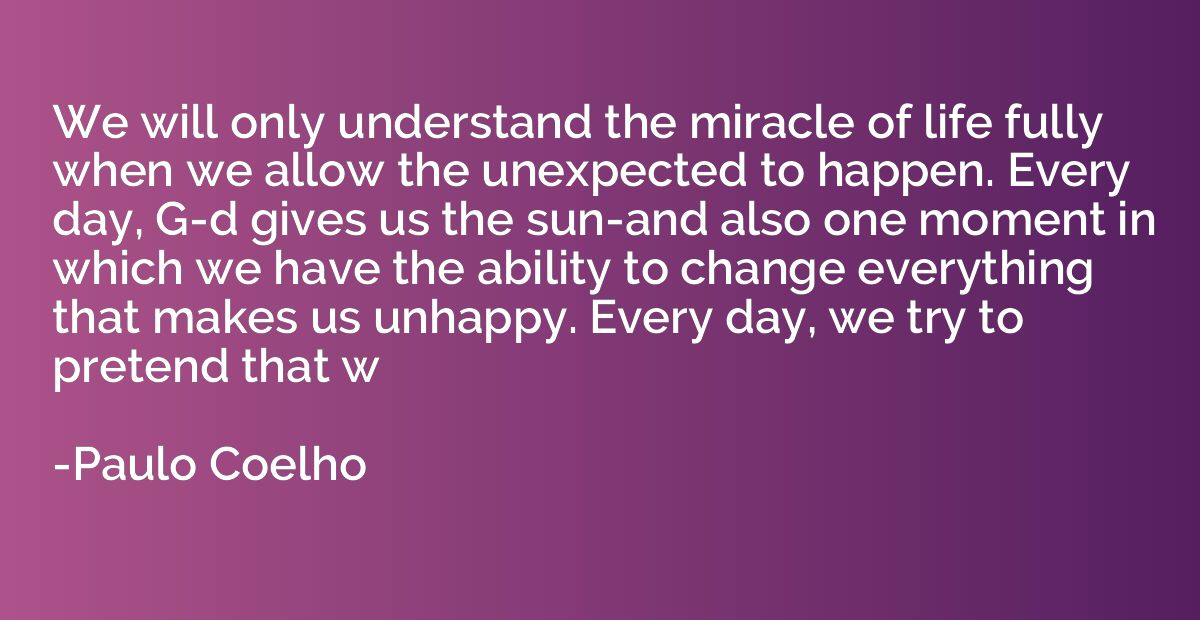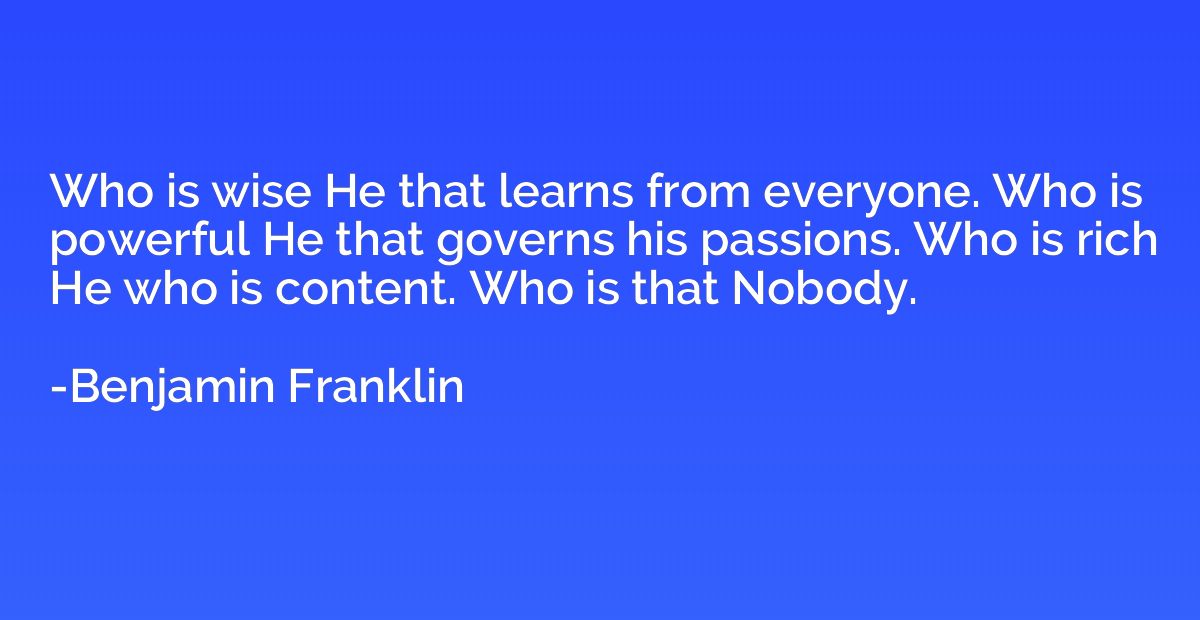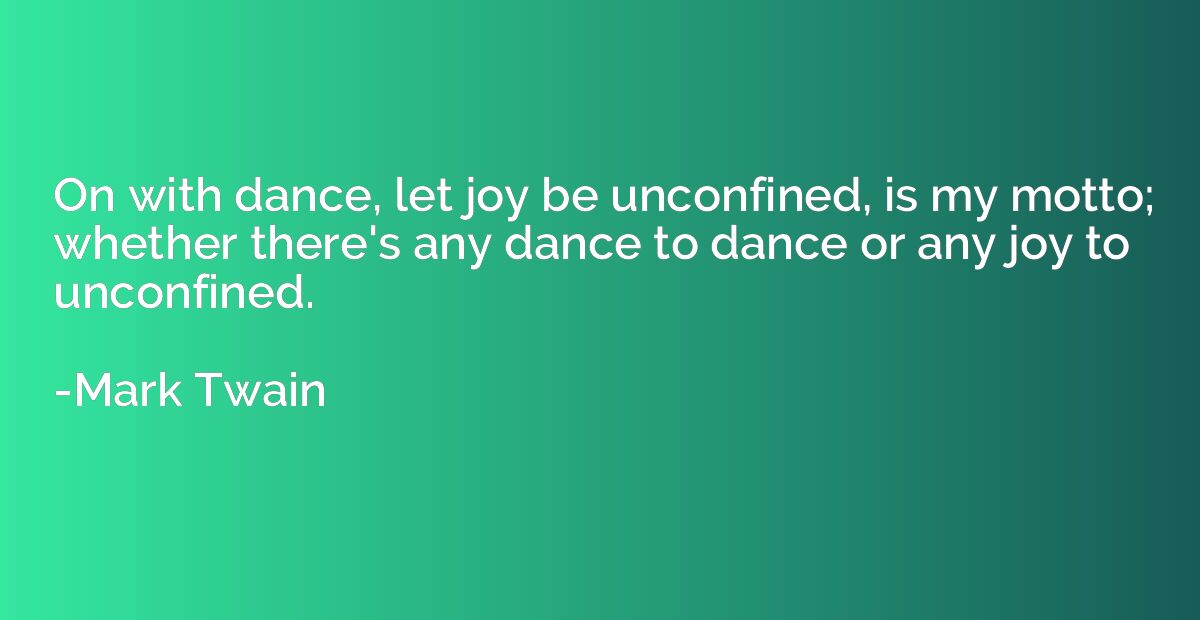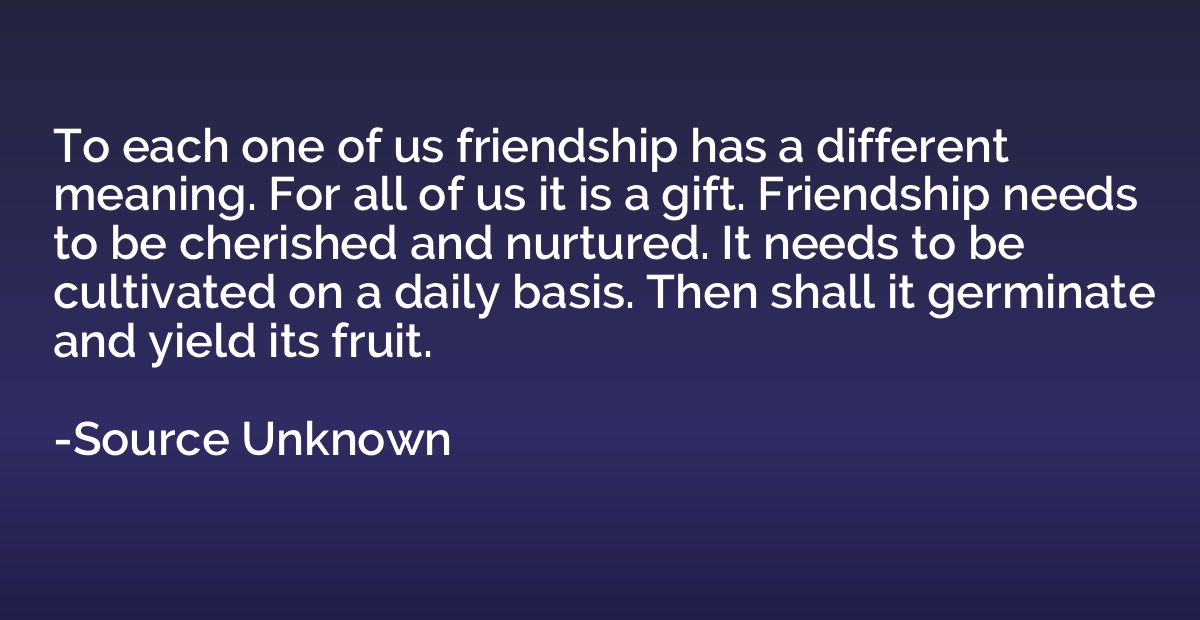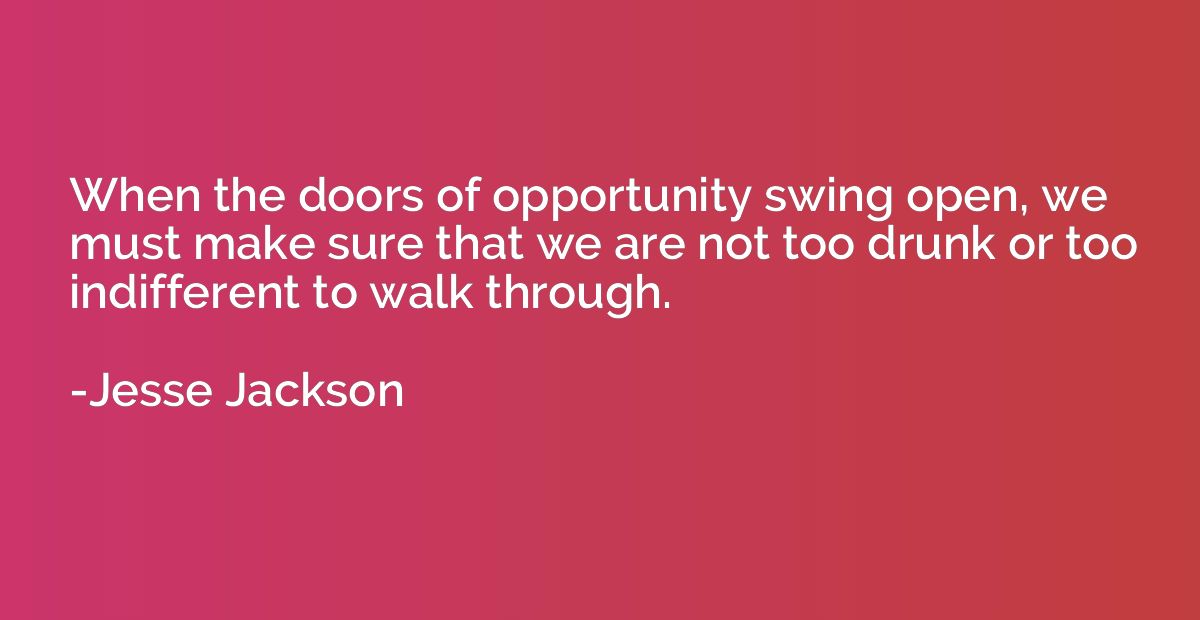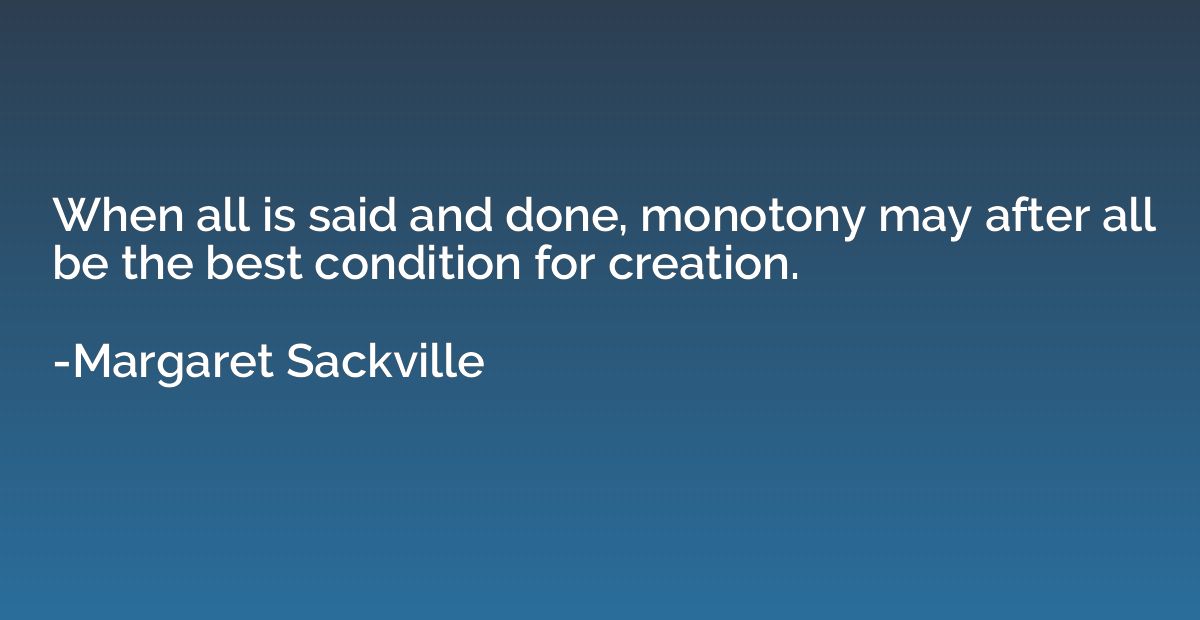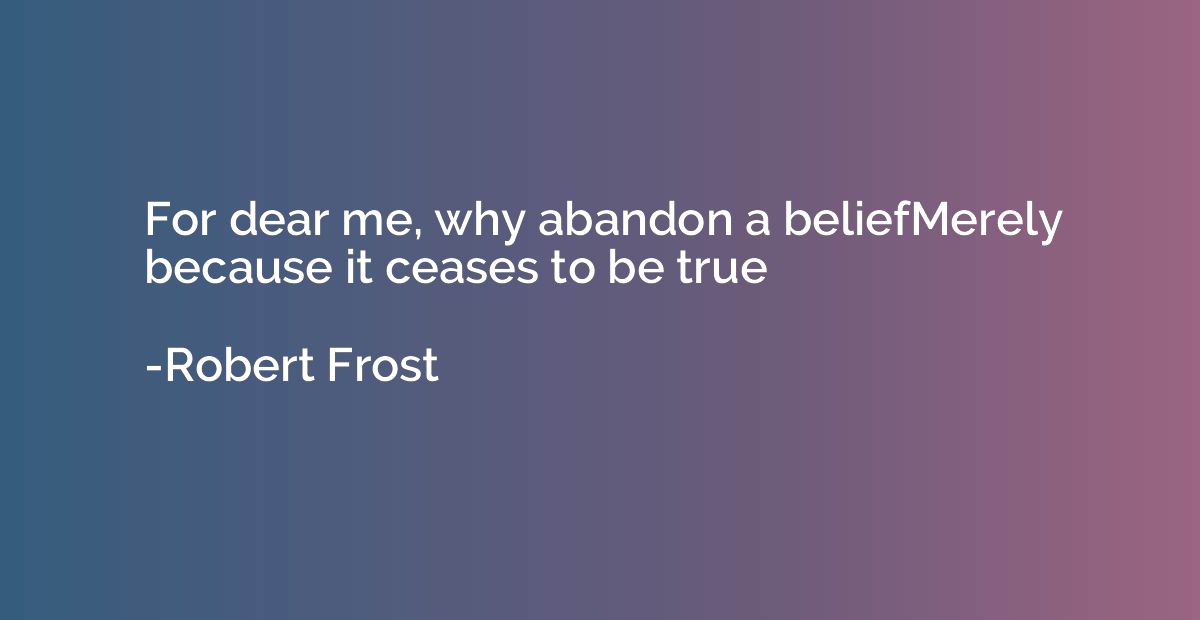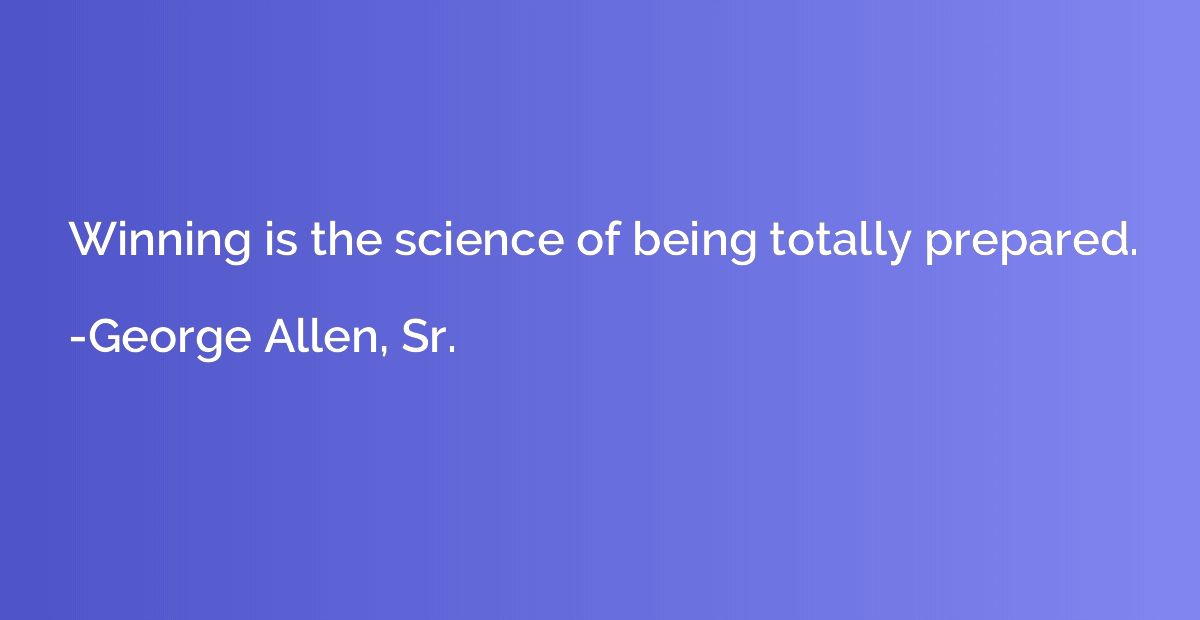Quote by Joseph Conrad
It's extraordinary how we go through life with eyes half shut, with dull ears, with dormant thoughts. Perhaps it's just as well; and it may be that it is this very dullness that makes life to the incalculable majority so supportable and so welcome.
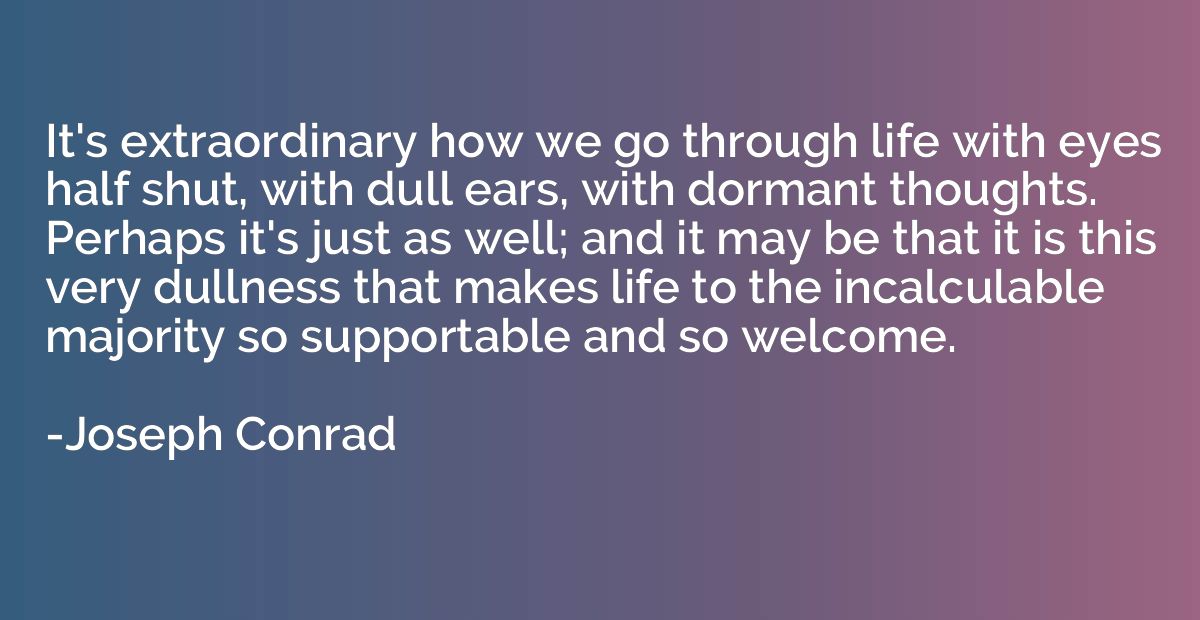
Summary
This quote suggests that many people go through life oblivious to the wonders around them, not fully engaged in observation and critical thinking. It proposes that this dullness serves as a coping mechanism, making life more bearable for the majority. In other words, being ignorant of the complexities and harsh realities of the world may shield individuals from existential burdens and allow for a more comfortable existence.



